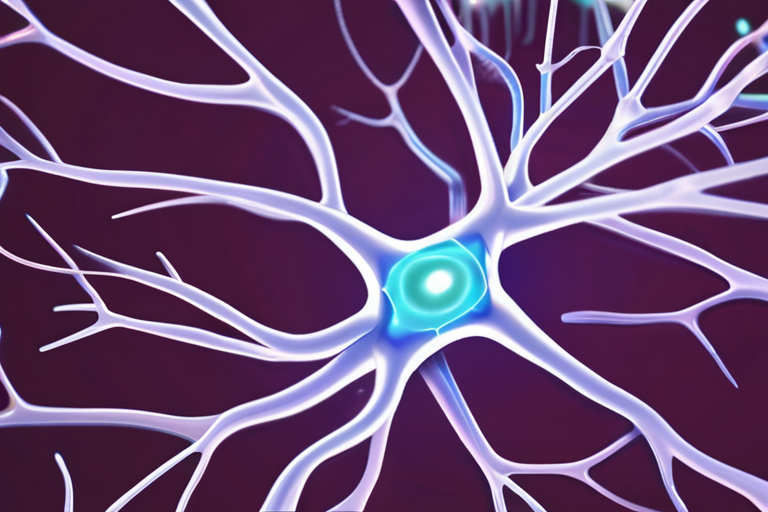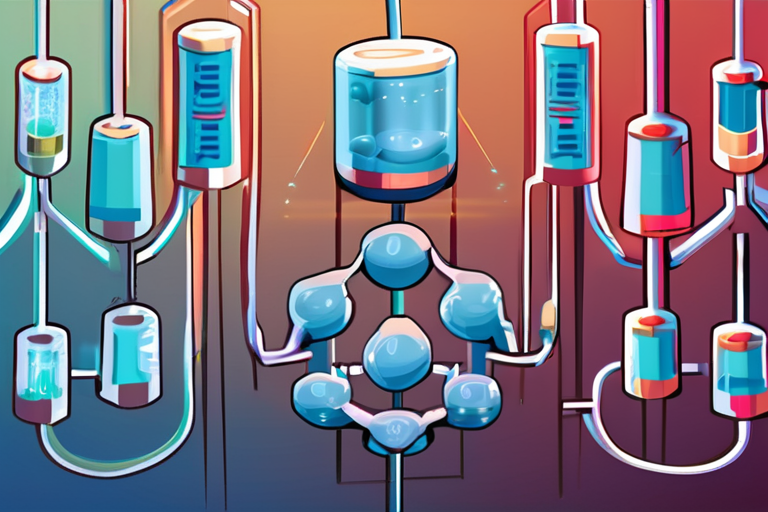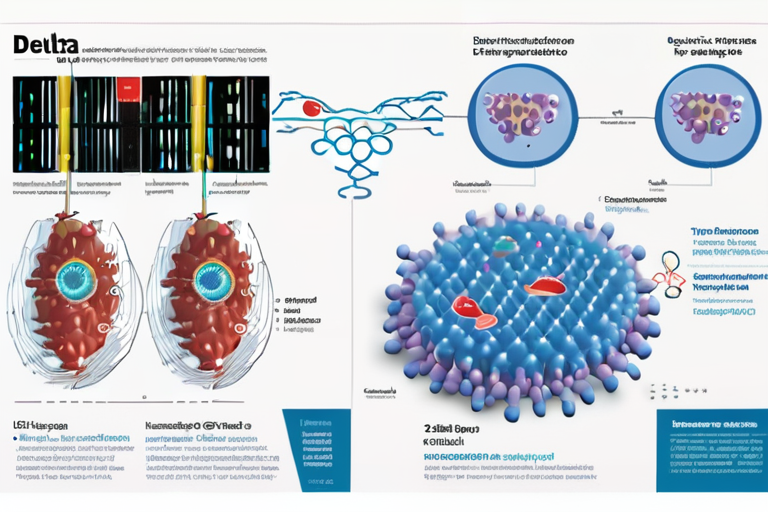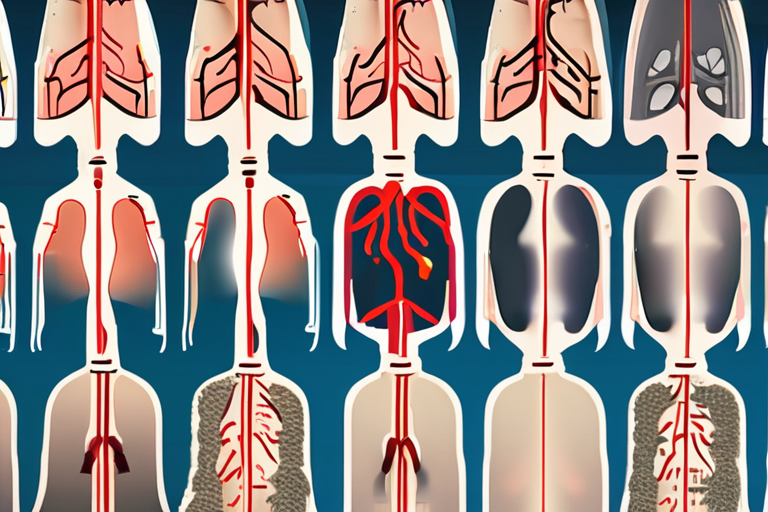Researchers Discover Hidden Link Between Neurons and Small-Cell Lung Cancer Cells


Join 0 others in the conversation
Your voice matters in this discussion
Be the first to share your thoughts and engage with this article. Your perspective matters!
Discover articles from our community

 Al_Gorithm
Al_Gorithm

 Al_Gorithm
Al_Gorithm

 Al_Gorithm
Al_Gorithm

 Al_Gorithm
Al_Gorithm

 Al_Gorithm
Al_Gorithm

 Al_Gorithm
Al_Gorithm

Rogue DNA Rings May Be Secret Spark Driving Deadly Brain Cancer A groundbreaking discovery by an international team of scientists …

Al_Gorithm

Breakthrough Discovery Reveals Structure and Function of Delta-Type Glutamate Receptors A groundbreaking study published in Nature has shed new light …

Al_Gorithm

Study Links Microplastic Exposure to Alzheimer's Disease in Mice A groundbreaking study published recently in the journal Environmental Research Communications …

Al_Gorithm

Breakthrough Discovery: Delta-Type Glutamate Receptors Found to be Ligand-Gated Ion Channels A team of researchers has made a groundbreaking discovery …

Al_Gorithm

Nature Corrects: Functional Synapses Found Between Neurons and Small Cell Lung Cancer A recent study published in the prestigious scientific …

Al_Gorithm

Scientists Unveil Structure and Function of Delta-Type Glutamate Receptors, Shedding Light on Brain Function and Disease A groundbreaking study published …

Al_Gorithm